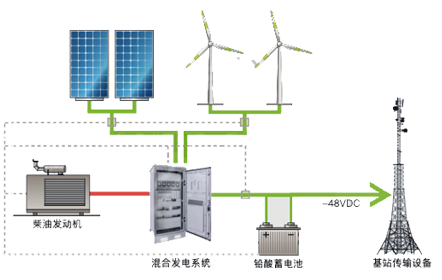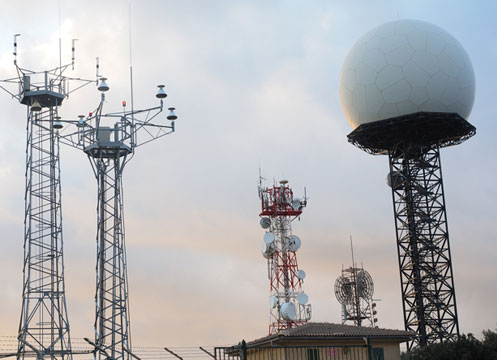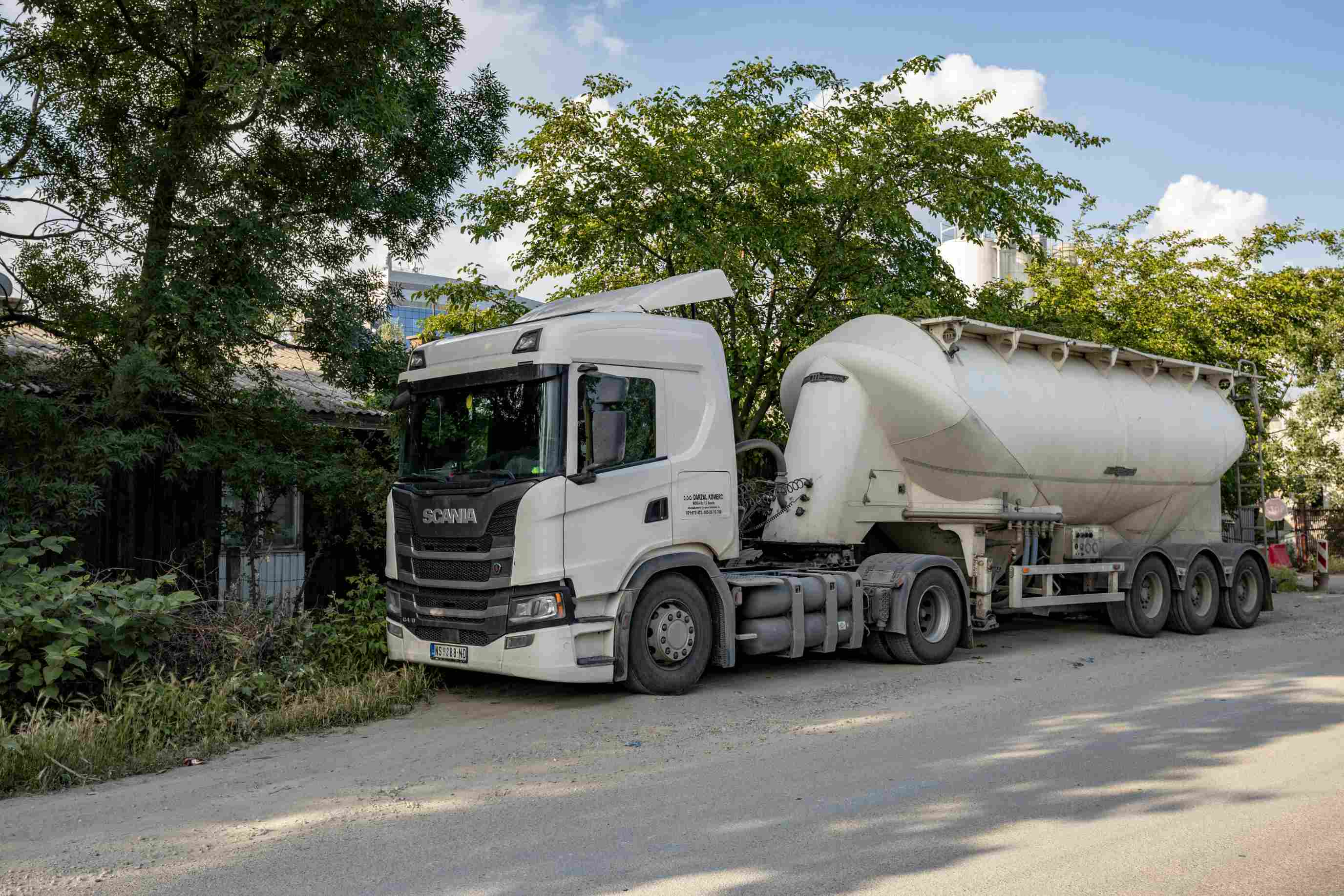The lithium-ion battery is becoming more and more common in our daily lives. This new type of battery can store more and more energy in a rather small container. With their small size, lightweight, high-temperature performance, fast recharge rate and longer life, the lithium-ion battery has gradually replaced the traditional lead-acid battery as a better option for widespread use in the communication energy storage system and more industrial fields.
This article discusses how lithium-ion batteries play an important role in telecom applications, which are applicable both now and in the future.

Communication Energy Storage System
Traditional Communication Energy Storage System
In communication equipment, the battery, the main power supply, is an important part of the continuous operation of the equipment. In other words, the battery performance will directly affect the safe operation of the communication network enterprise.
Previously, most traditional communication energy storage systems used the valve regulated lead acid battery (VRLA Battery). However, as time goes by, they have gradually exposed the following problems under years of application:
- With a low energy-to-weight ratio and volume ratio, heavy battery weight, large volume, and large footprint, the valve regulated lead acid battery has a high requirement for floor load bearing and room area.
- The valve regulated lead acid battery has a short discharge cycle life and low charging and discharging efficiency. The charging and discharging efficiency will gradually decrease with the increase in charging and discharging frequency.
- Long charging time and cannot be charged quickly. Frequent power failure will lead to the rapid decay of battery performance and a short life span. The general service life of the valve regulated lead acid battery in the base station is about 3 ~ 5 years.
- Environmental pollution from lead-acid batteries - lead is used in large quantities in lead-acid batteries, and lead is a heavy metal that can cause harm to the human body and the environment.
- High operating environment temperature requirements. The valve regulated lead acid battery operates in a narrow temperature range (around 25℃). So, some general base stations must turn on the air conditioning for a long time to lower the room temperature. And for base stations with large temperature change ranges, long-time use of the valve regulated lead acid battery is prone to cracking, leakage, and other problems to greatly shorten the service life.

Why is The Lithium-ion Battery Great For The Communication Energy Storage System?
Although major telecom operators have accumulated a lot of experience in repairing the traditional communication energy storage system, with little success. Therefore, looking for new energy devices has become the focus of the communications field.
In recent years, the telecom industry has gradually turned its attention to the booming lithium-ion batteries to solve the problems mentioned above fundamentally. The lithium iron phosphate battery (LiFePO4 battery) is very suitable for the communication energy storage system. Compared to the performance of the valve regulated lead acid battery, the LiFePO4 battery has the following main advantages:
- The volume and weight of the LiFePO4 battery are only equivalent to about one-third of the capacity of the valve regulated lead acid battery, which brings great convenience to the matching parts of the LiFePO4 battery and the site of the base station.
- The charge and discharge cycle of the LiFePO4 battery is about 2 ~ 3 times that of the valve regulated lead acid battery, which has excellent economic efficiency. The discharge ratio of the LiFePO4 battery is also significantly better than the lead-acid battery – within 1C discharge of the former has little impact, while the latter 1C discharge capacity is only about 50%.
- The LiFePO4 battery has a wider operating temperature range, making it operate normally from -20 to 70 ℃. Its discharge characteristics and battery life are almost not impacted by high temperatures. In this way, the base station can raise the air conditioning temperature or even turn it off to reduce energy consumption for energy saving and environmental protection.
- The LiFePO4 battery does not contain any heavy metals or rare metals and will not produce pollution in production and use. Sustainability is also an important advantage that it can perfectly replace the valve regulated lead acid battery in the communication industry.
Conclusion
In the field of communication, it is very important to provide an efficient, stable, and reliable standby power supply with power protection for the communication energy storage system. Aokly is one of the leading telecom batteries manufacturers and suppliers in China, offering high-quality LiFePO4 battery wholesale. They can be widely used as backup power for various communication and signal systems, such as telecommunication, mobile, Unicom, railroad, ship, communication base stations, power systems, nuclear power plants, UPS, emergency lighting and other backup power sources.
Aokly, a professional solution provider of energy storage system, provides photovoltaic complementary, wind power complementary, wind power hybrid and wind power hybrid power supply modes, as well as new energy power supply system solutions for communication base stations in alpine regions according to different application requirements of base stations.

 EN
EN 




